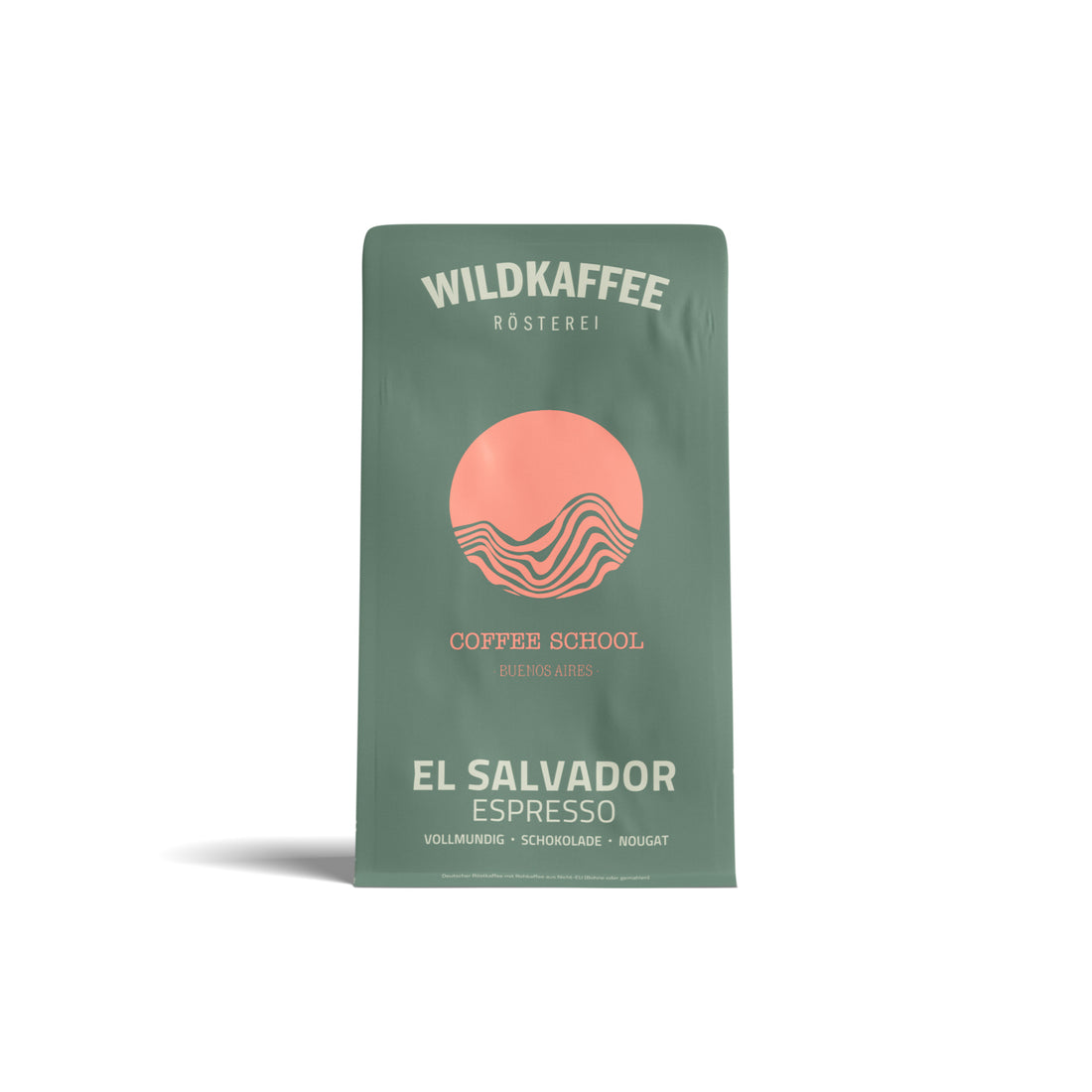Coffee ... a product that mostly comes from countries of origin where people are often not as well off as we are in the West. Unfortunately, for coffee cultivation, this often means poor conditions in cultivation and working conditions.
Added to this is the sometimes poor education regarding new cultivation methods, higher yields and new processing trends that develop from the taste preferences of consumers in western countries. In order to eliminate these deficiencies permanently and sustainably, we have created a project with the Coffee School in Buenos Aires that addresses all of these points and will eliminate them in the future.
But in our range you will also find coffees from Rwanda that come from the Community Coffee Rwanda Project. Here the American Eric Wright took up the shortcomings there and created a unique project with very special project coffees. You can find out more details about the project coffees and the projects in the following lines.
 Vendor:El Salvador - Coffee School ProjectWildkaffee - Dunkle Röstung
Vendor:El Salvador - Coffee School ProjectWildkaffee - Dunkle Röstung